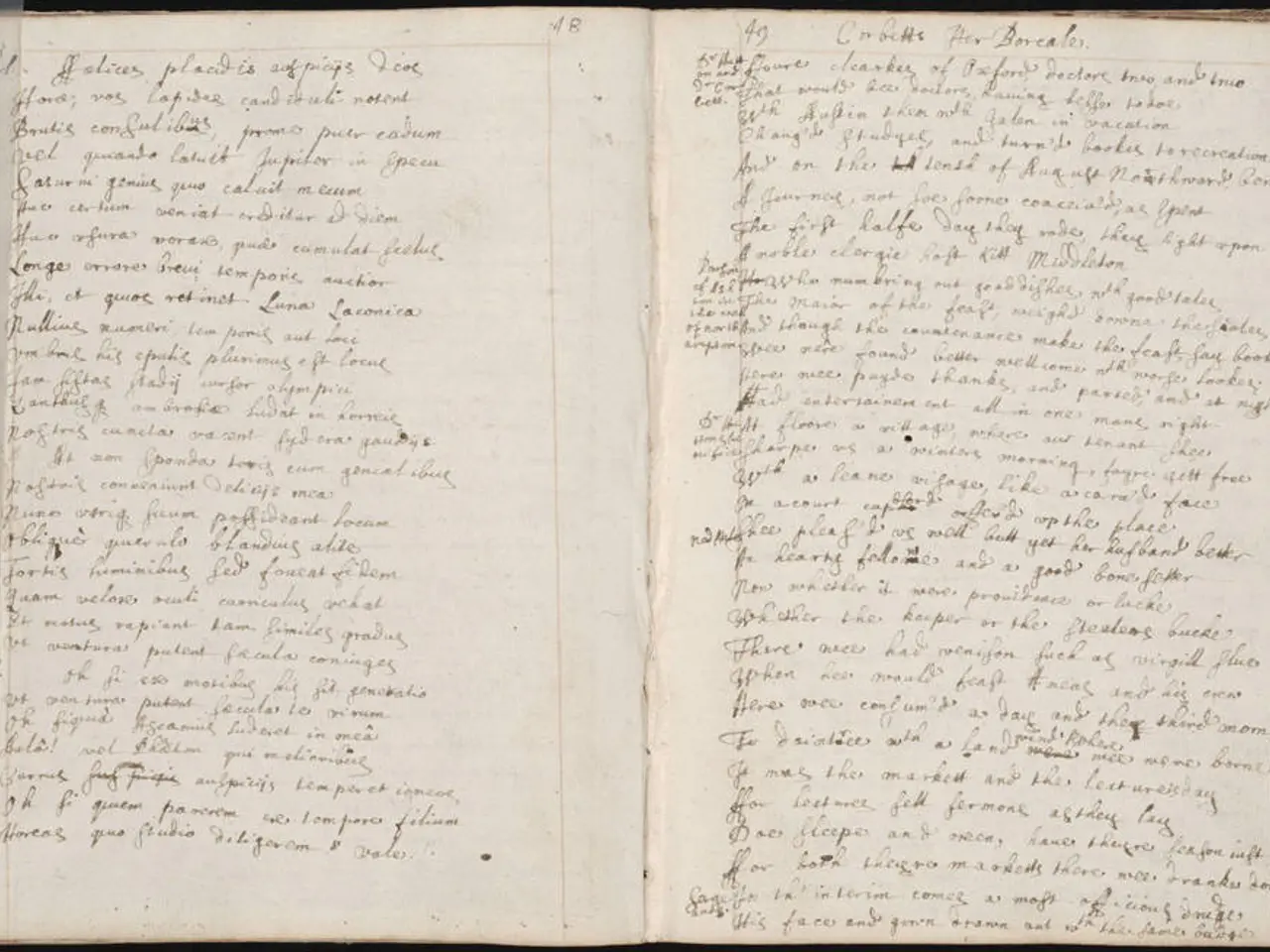Agents in the Publishing World are Indispensable
In the world of professional-level publishing, particularly in Science Fiction and Fantasy, having a literary agent by your side can significantly boost your chances of success. Agents are more than just intermediaries; they are mentors, negotiators, and gatekeepers who can help you navigate the intricate publishing process and secure a book deal with a major publisher.
Each agent has their unique preferences, and it's essential to familiarise yourself with their submission guidelines. This is because agents are on the lookout for promising writers who have the potential to succeed commercially. They are not just interested in your manuscript but also in your ability to build a successful career in the industry.
Agents play a crucial role in the publishing process, starting from pitching your manuscript to editors after securing representation. Many traditional publishers only accept submissions through agents, making them an essential bridge between authors and these publishers.
Your query letter, which should contain a brief description of your book and your writing experience, is the traditional method for approaching agents. However, it's important to note that agents discourage authors from hiring editors before submission. They prefer to work with the raw manuscript and help improve it before it reaches the publisher.
A good agent can help enhance your manuscript, increasing its chances of acceptance. They have an extensive network that allows them to create a list of potential publishers and what they are looking for. Their personal contacts at various publishers also enable them to sell your manuscript more effectively.
One advantage of having a literary agent is their ability to negotiate better deals for authors. They can secure higher advances and negotiate restricted rights, ensuring that authors get a fair share of the profits. In some cases, an agent's counter offer might propose exclusive North American English, allowing the author to publish and earn an advance with a New York publisher and then go to the U.K. and sell the same book again.
However, the ultimate decision of an agent hinges on whether they believe your manuscript will sell. If they find your manuscript promising, they may request more of it or negotiate a contract on your behalf. Agents are trained to spot unfavourable contract terms, such as indefinite exclusive world English in all formats, and they will work to protect your interests.
Pitch sessions at conventions provide authors with opportunities to discuss their book with agents and catch their interest. Bar cons, the informal part of conventions, offer opportunities to meet industry professionals on a personal level.
Contests can also be a method for securing an agent, but it's important to be cautious. Not all contests are equal, and some may be scams. It's essential to research the contest thoroughly before participating to ensure it's reputable and has a track record of helping authors secure agents and publishing deals.
In summary, a literary agent is a valuable asset for traditionally publishing authors. They provide better access to publishers, professional contract negotiation, and increased chances of acceptance due to their expertise and industry connections. By understanding the role of a literary agent and what they bring to the table, authors can make informed decisions about whether to seek representation and how to approach the publishing process.
Books serve as an excellent medium for entertainment, but they are also valuable tools for navigating the complex world of professional publishing, especially in Science Fiction and Fantasy. Literary agents are not just intermediaries for your manuscript; they are valuable mentors, experienced negotiators, and essential gatekeepers who can help you secure a book deal with a major publisher and build a successful career in the industry.






